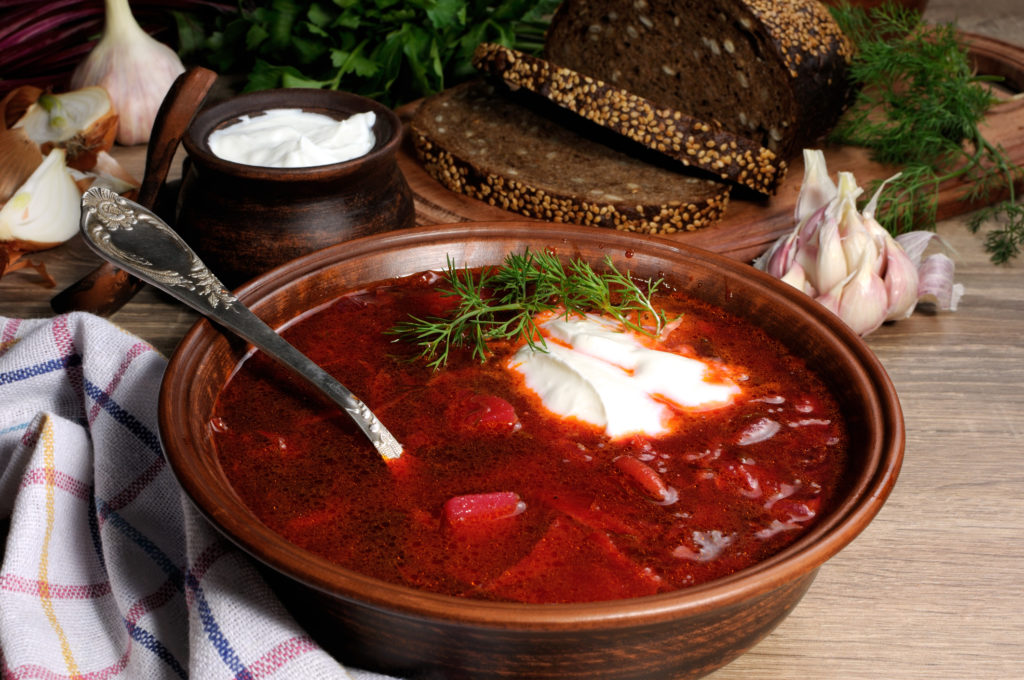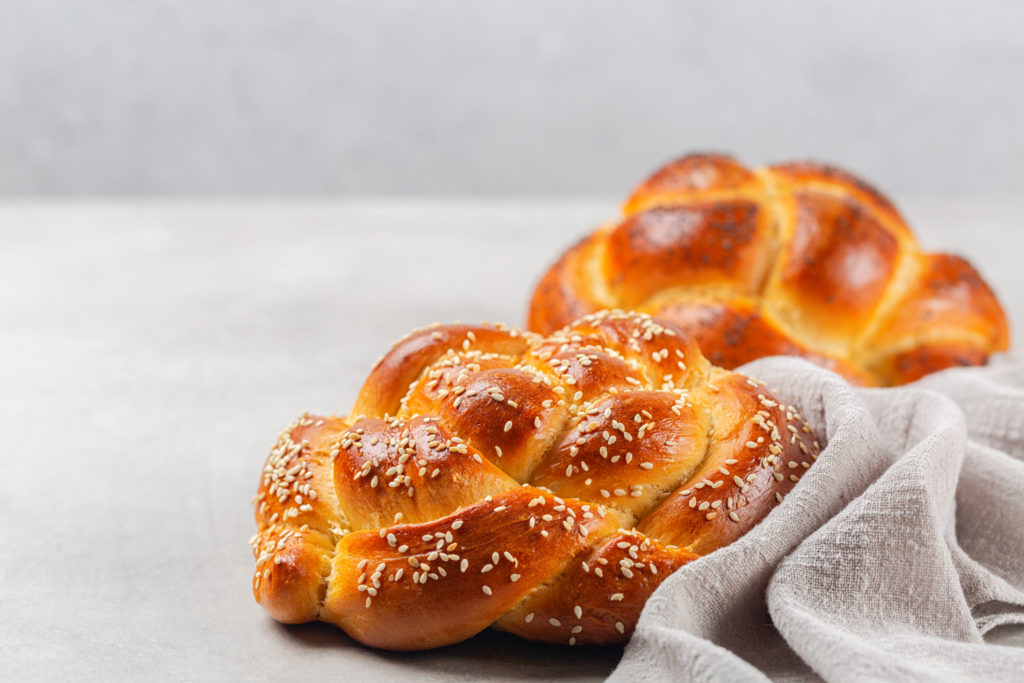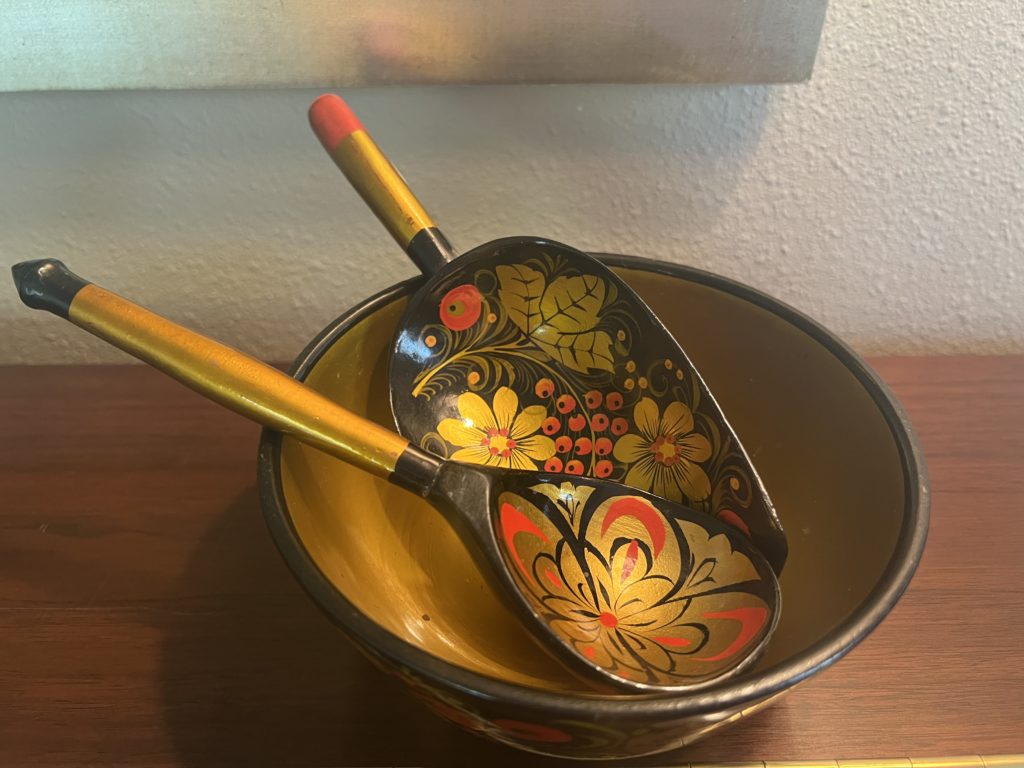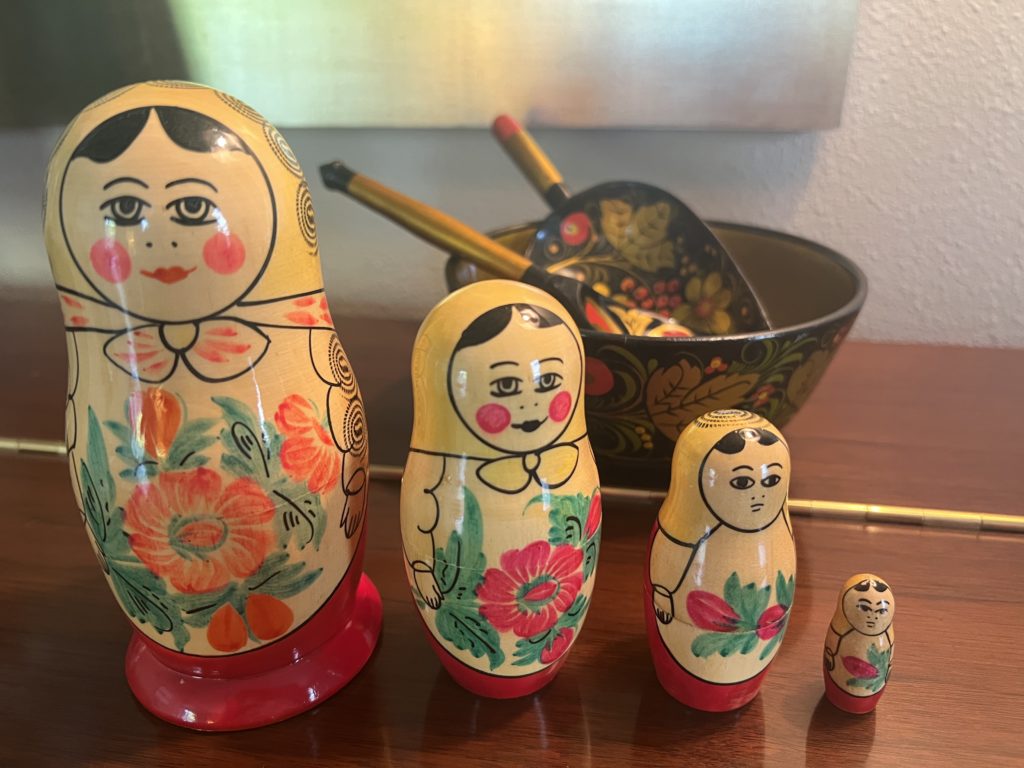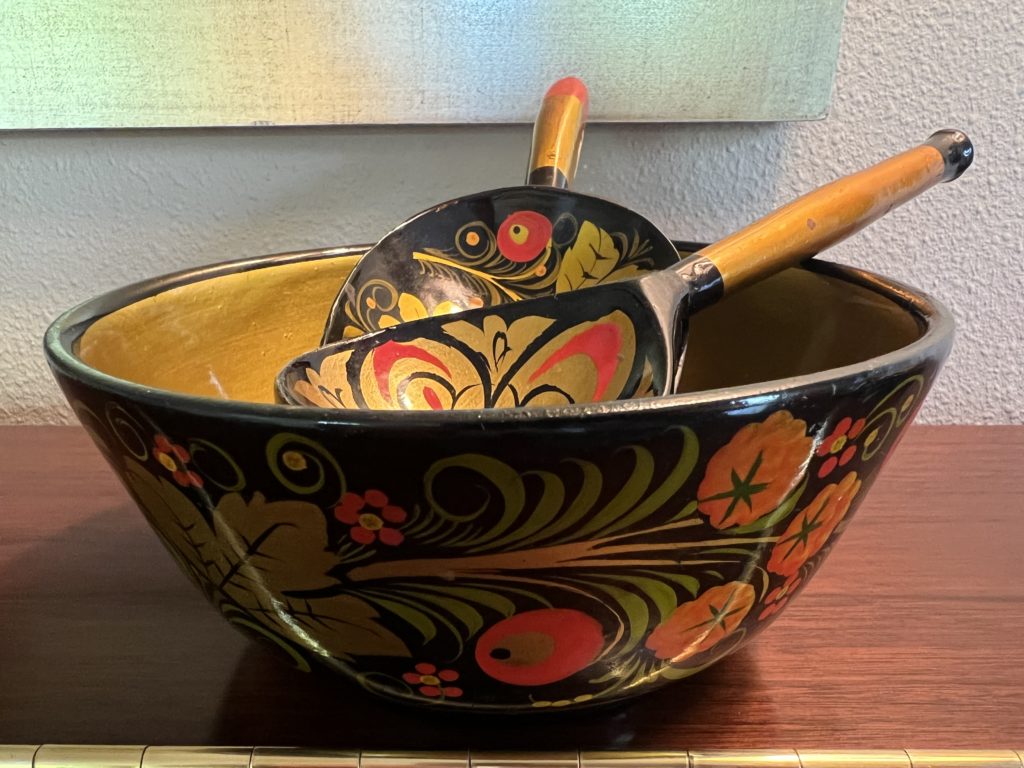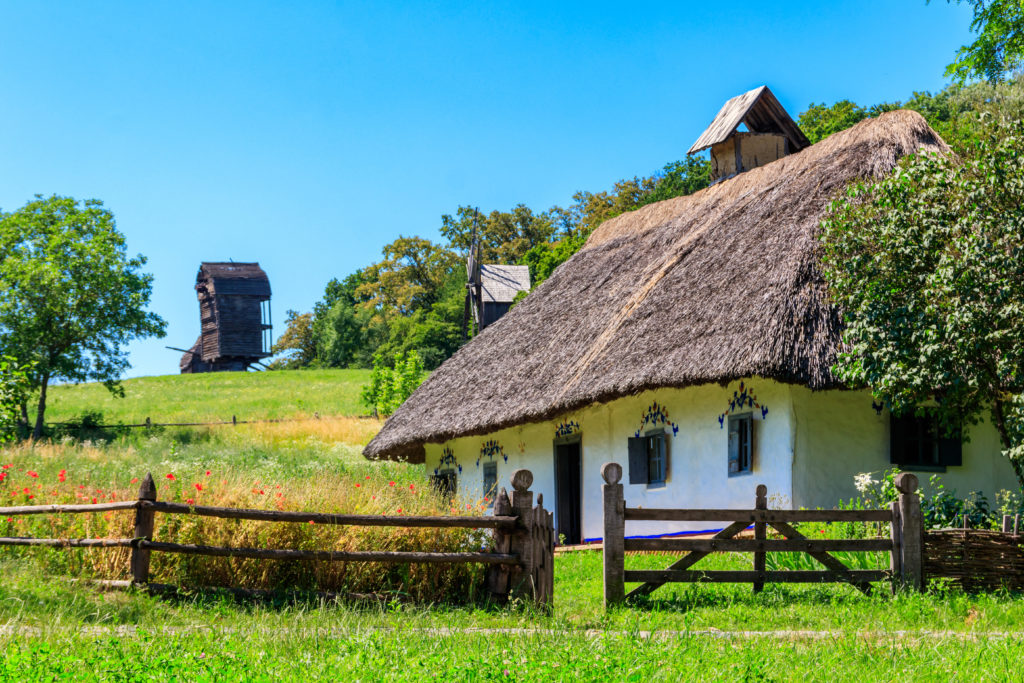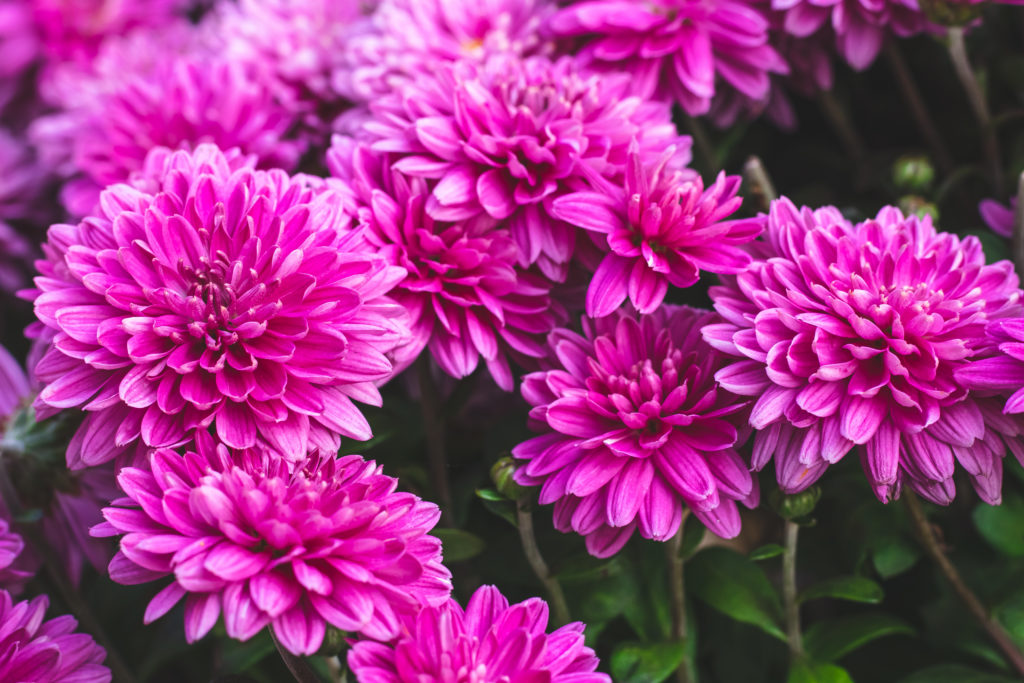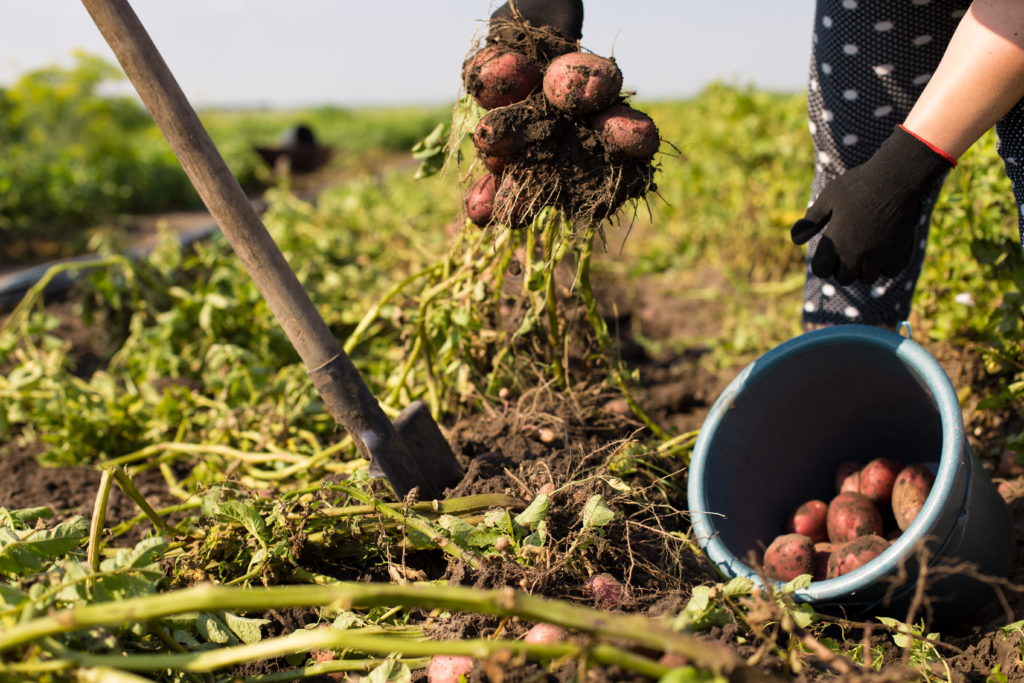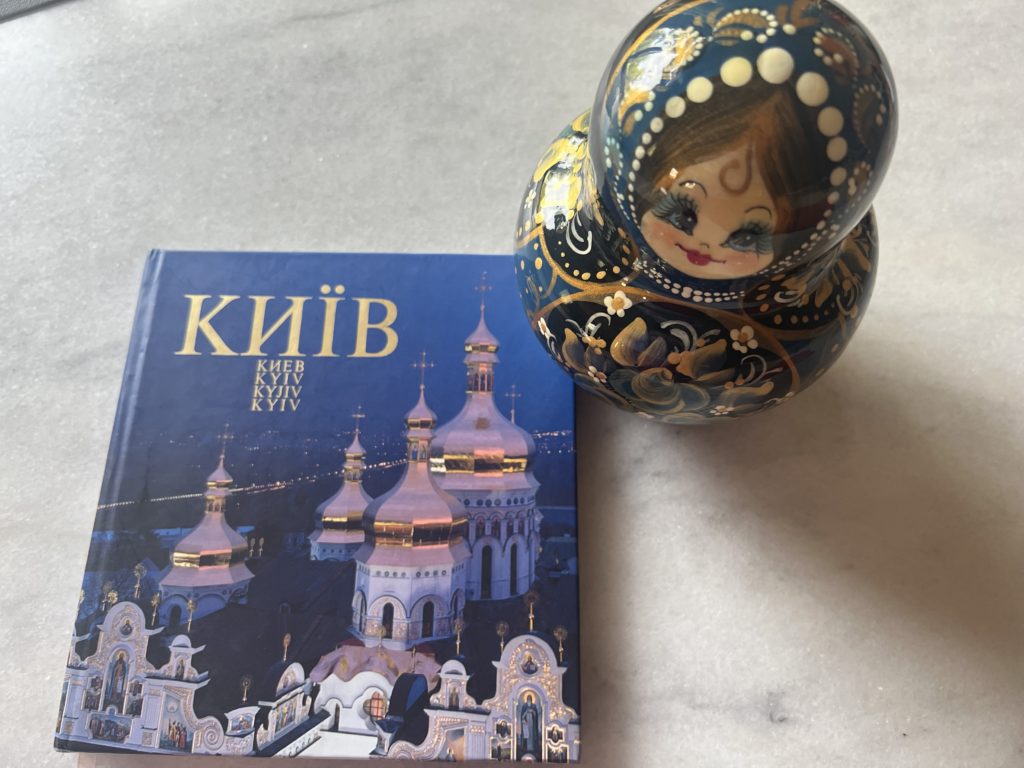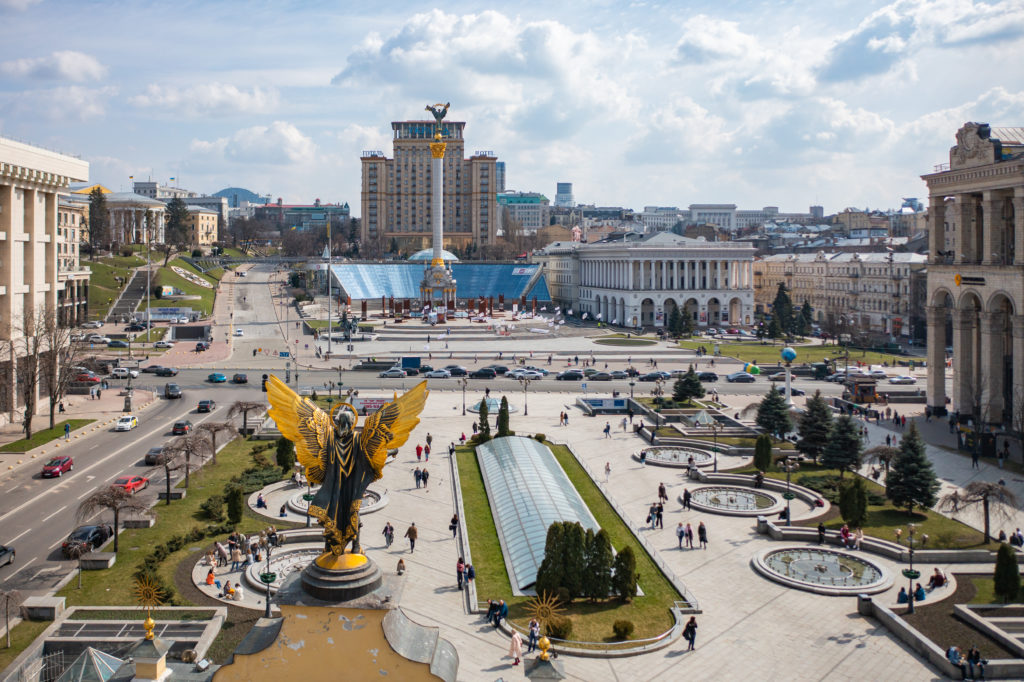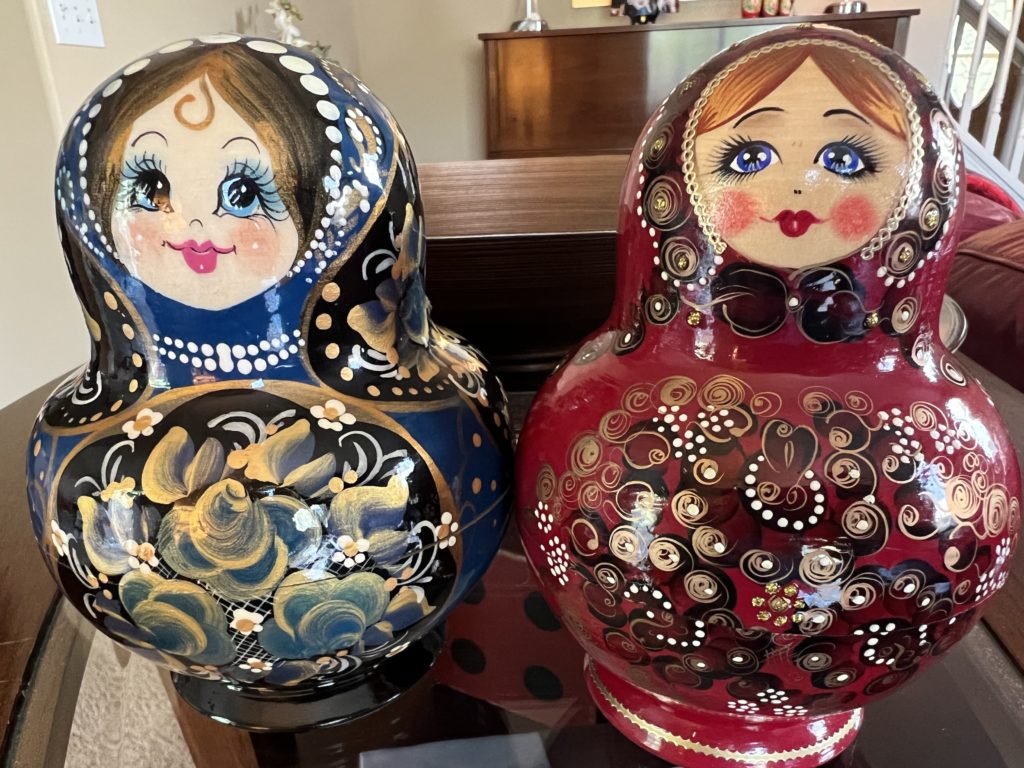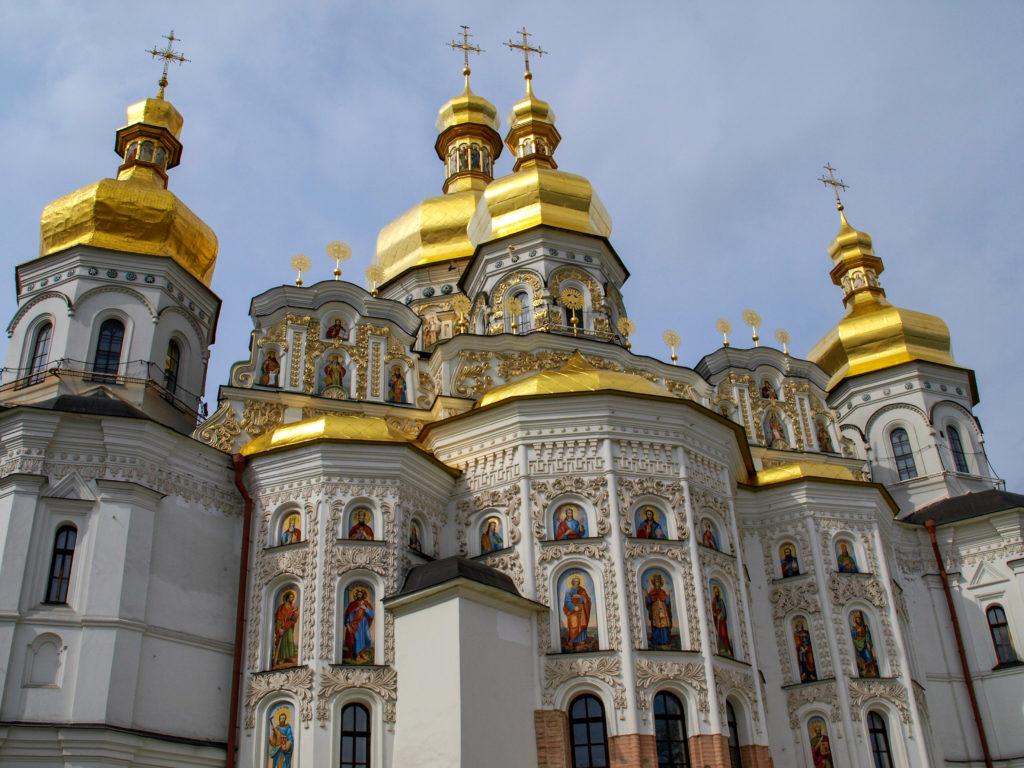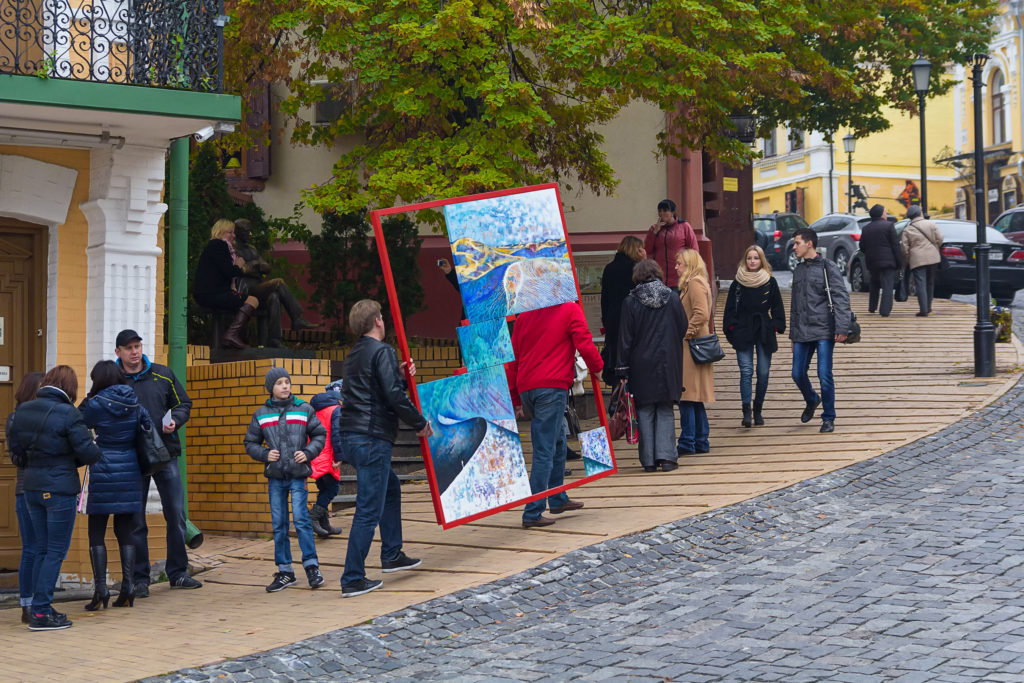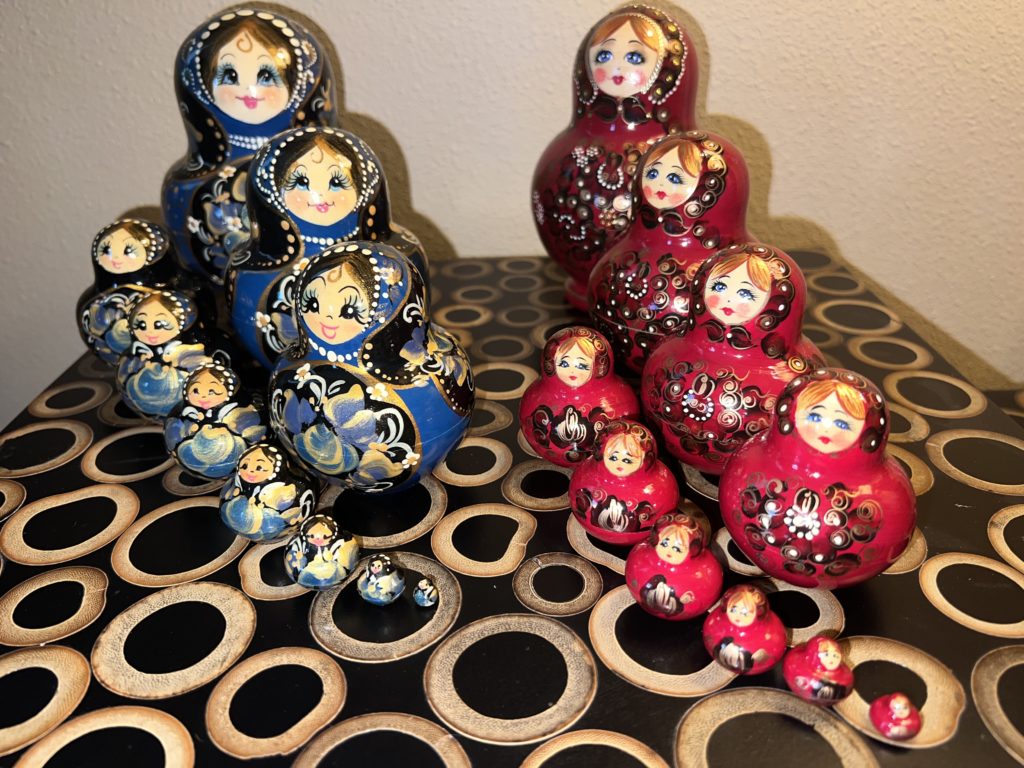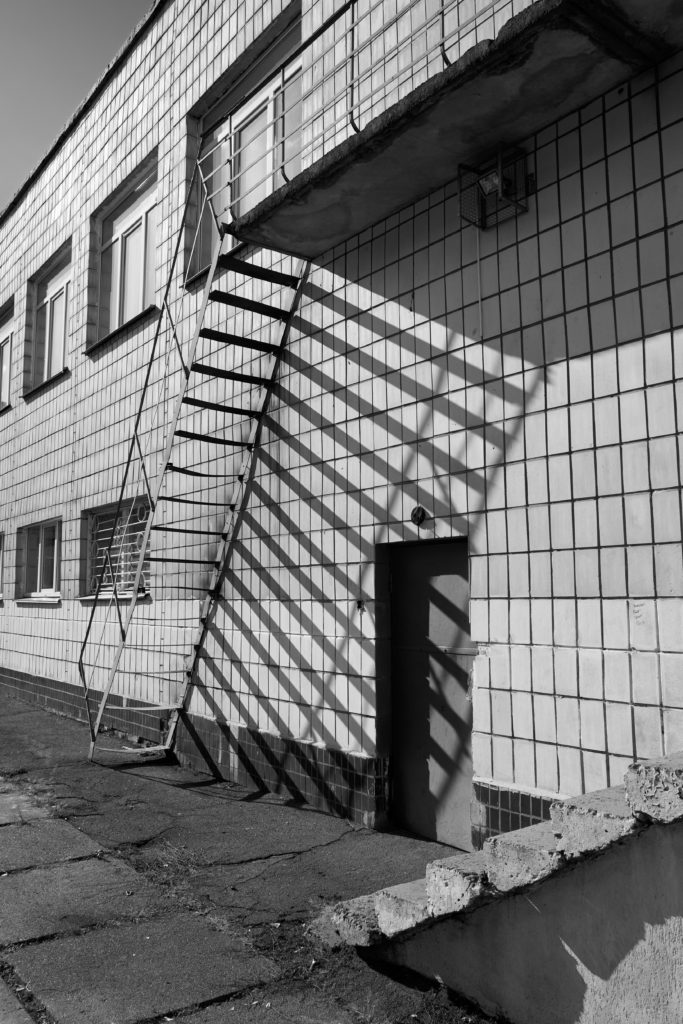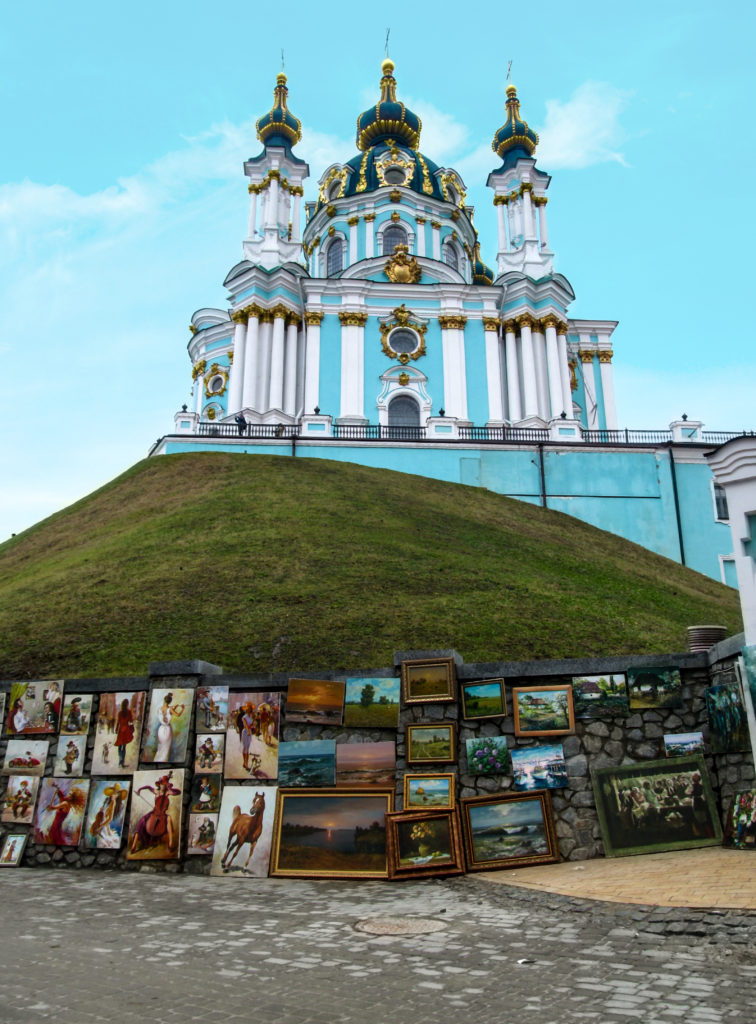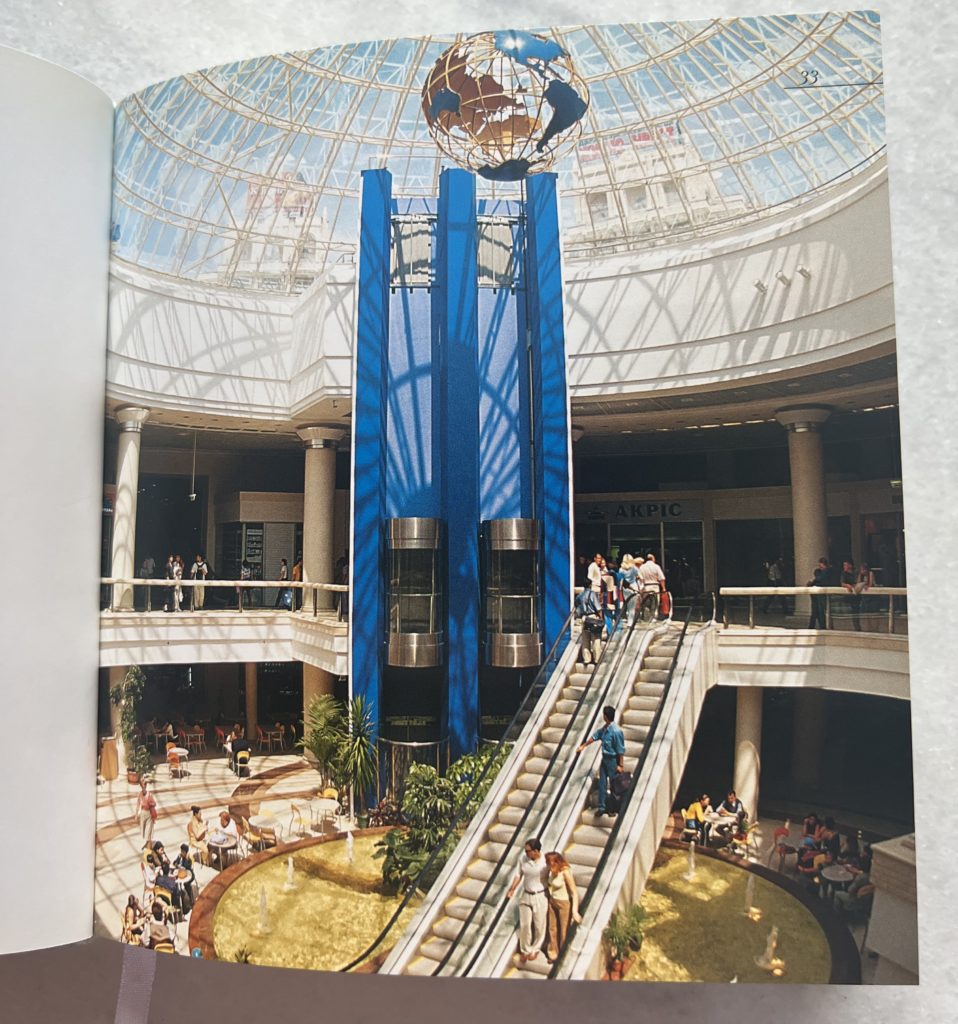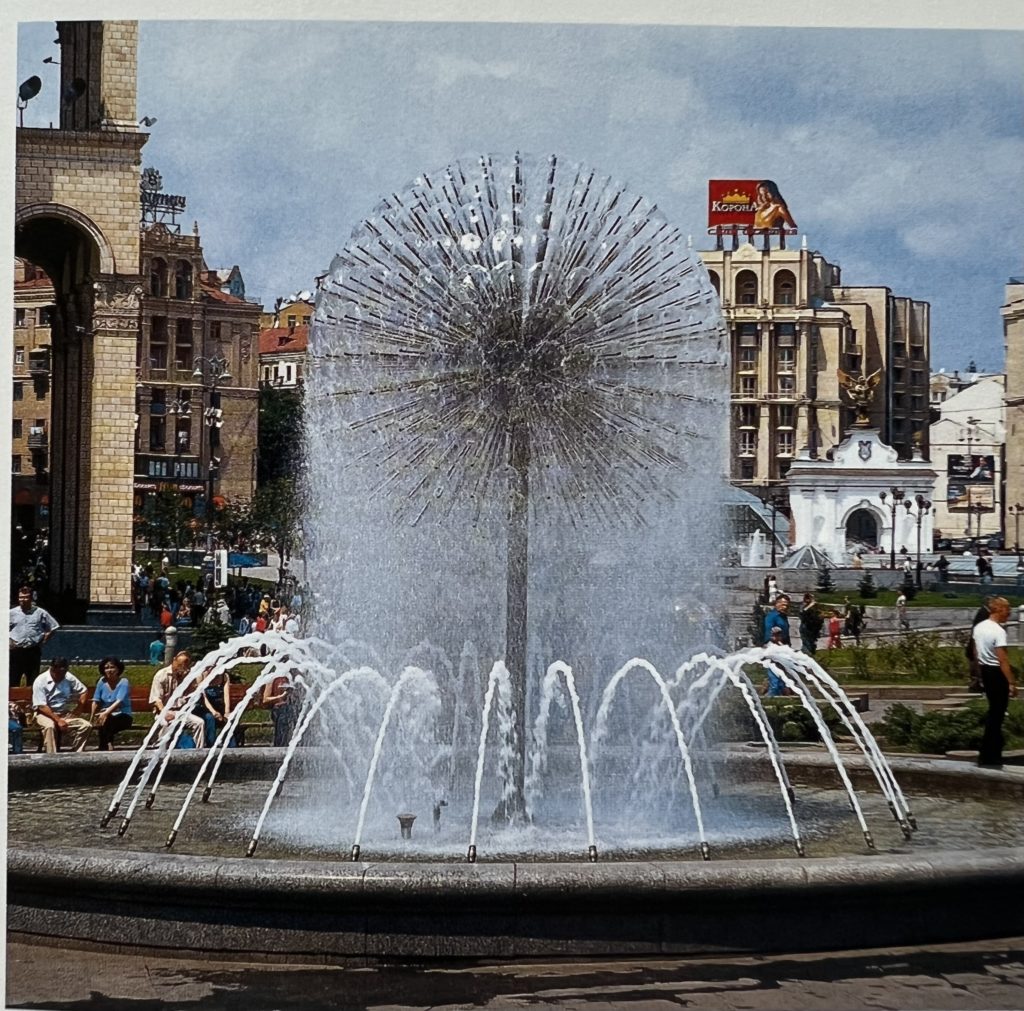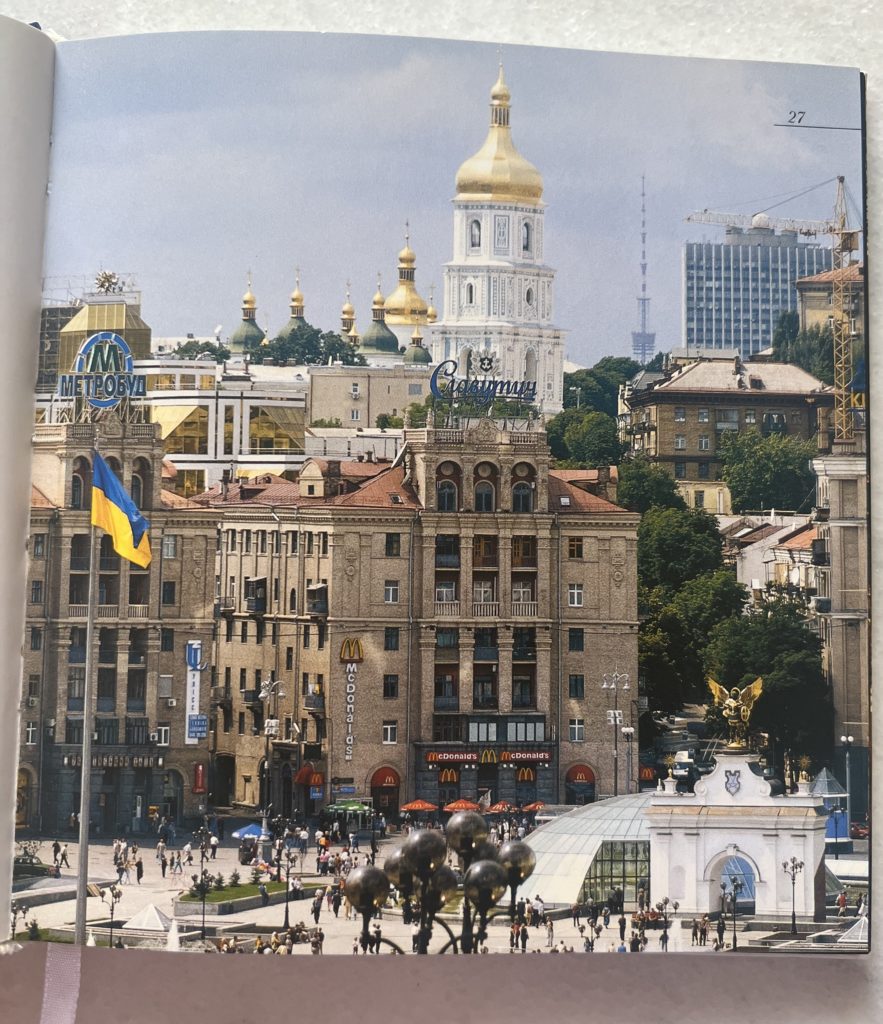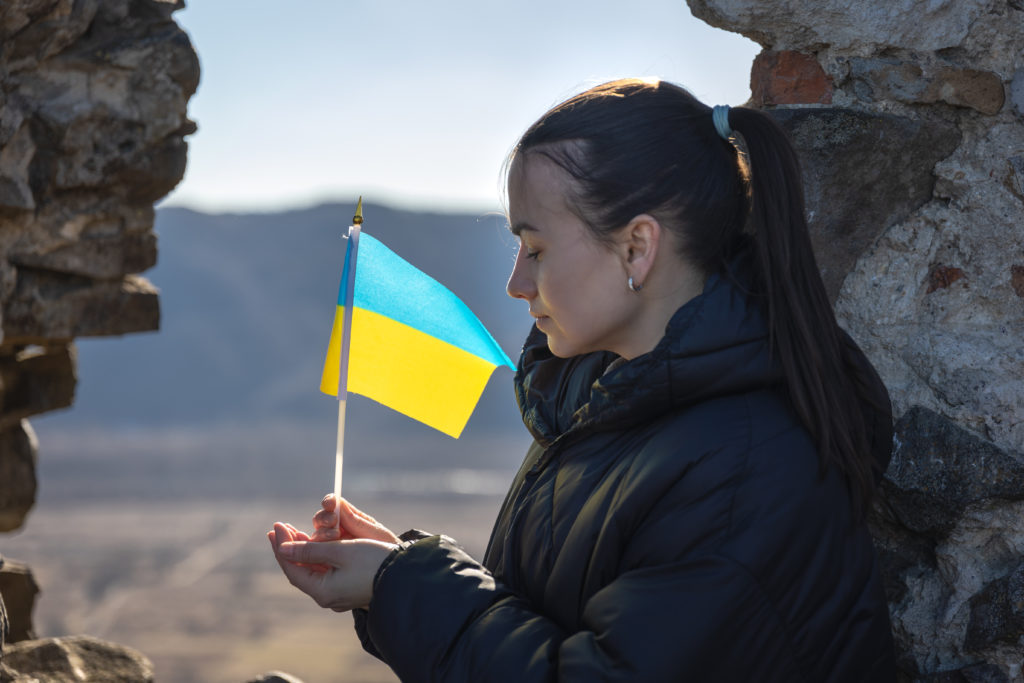My first trip overseas was to Ukraine
We stepped off the bus into the crisp fall air of the Ukrainian countryside and were met by a line of children and their headmistress. The lead child was holding a round loaf of golden bread on a traditional embroidered towel.
- Credit: MarynaVoronova
- Credit: Olga Mazyarkina
This bread, called Kolach, is a symbol of eternity. It also represents hospitality, respect, and trust. The guest breaks off a small piece of bread, dips it into salt, and eats it with gratitude as a sign of friendship.
Inside a gray, non-descript concrete building, we dined on the Kolach with salt, as well as the best borscht I have ever eaten in my life. It was a deep red with a dollop of sour cream—thick, warm, and full of sweet, earthy flavor.
Why I went to Ukraine
I was in Ukraine as a group of pre-doctoral dental students. One of my dental instructors and his wife, a dental hygienist, traveled frequently to Ukraine in the early 2000’s to help improve dental education in the country as well as provide much-needed dental care to underserved and underfunded orphanages.
One of the reasons I wanted to go to Ukraine was because my maternal grandfather spoke Russian. Although he died when I was quite young, I asked my grandmother if she had any knowledge of what part of the then-USSR his family had left. She told me she had seen some documents that indicated they were from the area around Kyiv.
And so, when I heard of the opportunity to join a dental mission trip to Kyiv, Ukraine, I immediately signed up. I was curious to see the homeland of my family, as well as contribute to the progress and needs of this developing country.
On this day, we were at an orphanage a couple of hours outside of the capital of Kyiv. It was clear to me this place had very few resources. The aged concrete building was dank and cold. The bathrooms smelled grotesque. We were shown some pipes where the children bathed once a week—outside.
Nearly all of the children suffered from fetal alcohol syndrome which contributed to erratic behavior. We were saddened to find that most of their newly erupted adult teeth were severely decayed, which is common due to developmental challenges. Thus, we spent most of the afternoon extracting decayed and abscessed teeth. I remember feeling shocked and sad. I had never seen anything like this in my life.
My first trip across the ocean
Going to Ukraine was my very first trip overseas. I was beyond excited as we rode the shuttle van to the international terminal at LAX. I snuggled into my seat and blanket with my brand-new iPod (this was 2004!) for the nine-hour flight to Amsterdam.
As the fatigue and jetlag set in, I remember feeling overwhelmed by the size and chaos of the Amsterdam airport. Passengers swirled around me speaking different languages and hurrying in every direction as I listened for the call to pick up my next boarding pass.
I felt intimidated and shy boarding the packed Ukrainian International Airlines flight for Kyiv, on which I heard no words of English. I was so overwhelmed—I don’t even remember a thing about our arrival in Kyiv or what we did the first 24 hours.
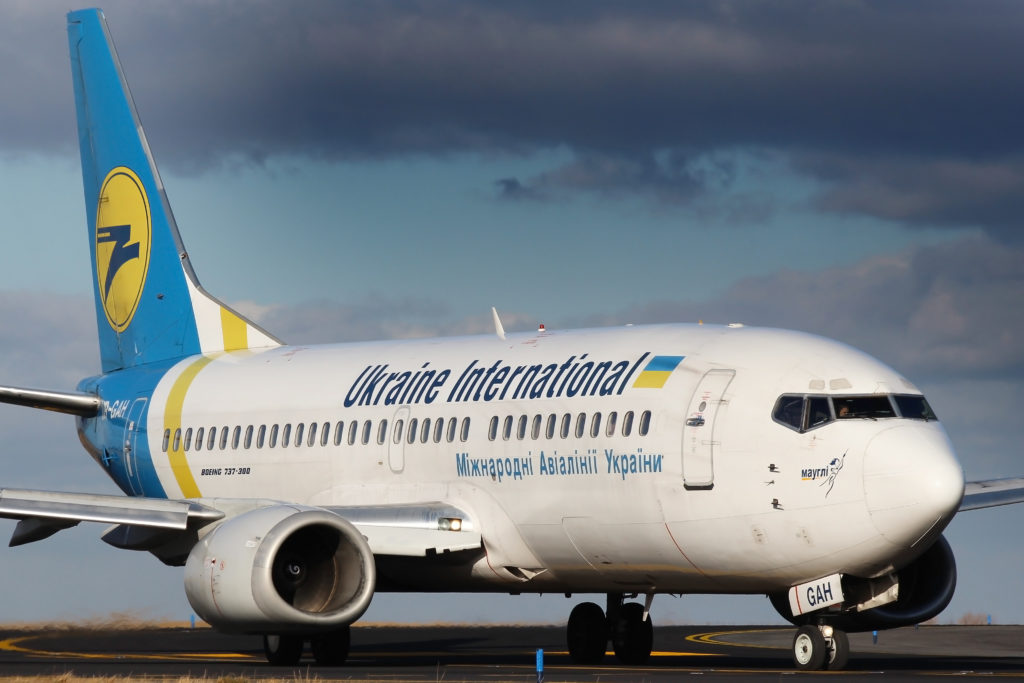
Credit: Senohrabek
Dentistry in Ukraine
At the time, the politics and rules in Ukraine were unstable and in transition. Although Ukraine became independent in 1991, a new democratic constitution was adopted in 1996 and amended in 2004, the year of this trip.
Some days we were able to complete quite a bit of basic dental treatment; and other days, there would be a rumor of a potential unfriendly government official coming by, and we would close up the clinic and go touring or shopping.
I spoke to a young female Ukrainian dentist who told me that many of her older professors didn’t believe in local anesthesia for dental treatment. It was a bit taboo.
There were also no dental hygienists or dental hygiene schools in Ukraine at that time. This was one of the realities that our hosts were working to change.
We visited a local family who owned dental supply company and I remember being quite impressed at what they had available, including dental implant systems. However, it seemed that the affordability of such supplies was a problem for many local dentists.
The landscape of Ukraine
Outside the city
The dental supply family invited us to lunch and afternoon at their dacha, or country house outside the city. While the house was simple and unfinished with few amenities, the garden and surroundings were beautiful.
In an early hint of my texture photography and with my first digital camera, I took many pictures of the beautiful flowers in the garden of the dacha. Thanks to the effects of 20-plus years, I have no idea where those first digital photos are stored. The photos shown are the best I could find representing what I remember along with several photos of items I brought home with me.
- Credit: OlyaSolodenko
- Credit: Tatyana Azarova
- edit: Sergiy Akhundov
As we drove through the countryside to the dacha, I looked at the gently rolling farmland. Aside from the architecture of farmhouses and barns with stone walls and steep, thatched roofs, you could have told me that I was back home in the Palouse region of Washington and I would have believed you. I was also struck by how many older women were working in the fields, bent at the waist and picking potatoes from the ground with their hands.
Kyiv
In Kyiv, I was struck by the contrast of both Soviet-era drab apartment buildings and new modern developments such as shopping centers. There was a beautiful indoor mall full of the latest fashion as well as winding street markets of matryoshka dolls and hand-crotched doilies.
- Credit: Ruslan Lytvyn
- redit: SCM Jeans
- Credit: DmyTo
While walking through the city center, I could feel the pride of Ukrainian culture struggling through the growing pains of establishing independence in a new century.
Neighborhoods were often near-identical, peppered with large onion-domed Russian orthodox cathedrals glimmering under a sheen of gold leaf, a definite contrast to the overall gray landscape and architecture of the residential suburbs.
- Credit: Bogdan Pigulyak
- Credit: ioanna_alexa
A visit to the neighborhood grocery market revealed many aisles of alcoholic beverages and very little fresh produce or packaged food items. Through a translator, I asked a grocery clerk what the most expensive bottle of vodka was. I did the math and it was $15. Then, I asked what the average patron would buy and it was about $2—an unfortunate explanation for the high rate of orphans with fetal alcohol syndrome.
During one of the early days of the trip, we were sightseeing in the city. One of the young men in our group was suffering from a miserable case of traveler’s dysentery. Lucky for him, there seemed to be a McDonald’s at every corner. I am quite sure he visited the bathroom of nearly every McDonald’s in Kyiv. We later discovered that the sweet lady who cooked for us was storing the chicken in the cupboard rather than the refrigerator.
The children
We boarded in an apartment attached to one of the suburban orphanages. These children were quite young and lively, full of fun and curiosity. For the first time, they were being taught the Ukrainian language and culture, instead of only Russian.
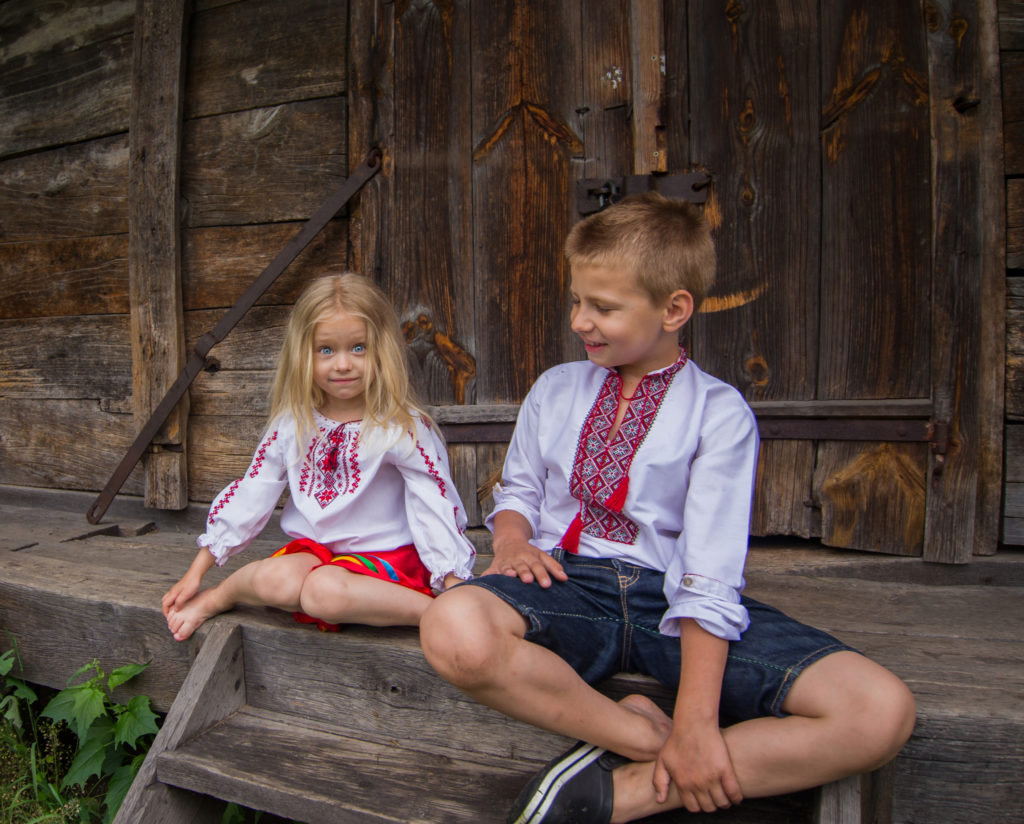
Credit: Tailex
As we interacted with the children, we asked them how old they were and when their birthdays were. They had no idea. In fact, they had no concept of the meaning of a birthday, let alone our tradition of a birthday party.
So, on our last day in Ukraine, we organized a group birthday party for all the children in the orphanage. We purchased cakes and sang happy birthday to them. We played games and laughed together. It was a wonderful little impromptu party which I hope became a happy memory for the children.
The bond of the first trip
The first “overseas” trip is always an exciting adventure, full of newness and wonder. I felt particularly drawn to the people of Ukraine, always curious if I was meeting someone who might have known a family member of mine many decades ago.
I have always cheered for the continued economic growth and development of Ukraine and have hoped to return there someday. I am gut-wrenched and heartbroken to follow the news and to see the images of what the citizens of Ukraine are now enduring. So many decades of their hard work and cultural development are being harmed or destroyed.
Seeing photos of both refugees and brave Ukrainians who stayed to defend their independence, I wonder if any of them are the children we played with. I wonder about the gains their country has made in the two decades since I was there—what might yet withstand this attack.
But one thing I know is that travel provided me a window into this beautiful culture and gave me a connection to a group of people I wouldn’t otherwise have. Travel is a precious freedom. Through travel, we learn about others and forge connections so badly needed in the world.
- Credit: puhimec
